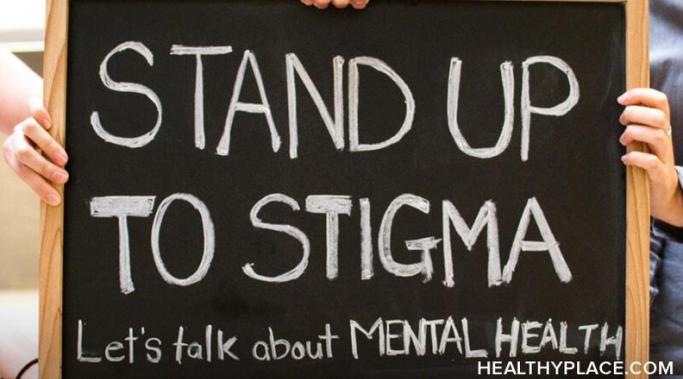Blogs
I was talking a client down from a panic attack on the phone last week and he was telling me what was freaking him out the most.
"I have to live with these thoughts. I will never be OK again."
This has got to be one of the scariest things that Anxiety does. It makes you look in the future and only see it staring you down. You mourn every event you might have in your future–that it will be fraught with this horrible feeling. Frankly, it makes you not want to have a future.
I’ll admit it - I stare at people. Okay, that sounds a little bit creepy, but we all fall guilty of staring at those around us. I’ve mentioned this in my other blogs, but lately, I’ve realized how many people stare at others either because they look different or behave strangely.
The thing is, people still have a difficult time realizing that differences are not always a bad thing – they make us who we are.
And we need to be happy with the person we have become.
People with borderline personality disorder(BPD) are especially vulnerable to abusive relationships due to the intense self-hatred and fear of abandonment common to the disorder. Due to the relatively weak sense of self, it is difficult for a person with BPD to leave a relationship, even an abusive one. People with BPD may believe they deserve the abuse and have a hard time believing the relationship is abusive.
I’ve been writing Funny In The Head for some time now, and, as you might imagine, knowing you, as I don’t, writing a humor column for a mental health website is not the easiest hoe to row, if you follow my wake, and if you do, bravo!
Week after week I am deluged with emails from irate readers who prattle on interminably with protestations of indignation, hurt feelings, and shock. Surprisingly, the vast majority of them are from schizophrenics. Here is a recent example.
I wasn't coping with my thoughts of giving up on school very well the year before I was due to graduate. I was ready to quit school. I would sit in my therapist's office and cry at the thought of going back to campus that following Monday, and it negatively affected my mental health. I would freak out and cry at the drop of a hat, I would freeze up in class and become so jittery that I could barely sit in class.
Any sexual assault event leads naturally to a question: how can one get back one's sense of personal safety, after such a catastrophe? Michele’s July 24 blog post - PTSD and Self-Efficacy: Being Able to Protect Yourself - launches into this question, and it got a distinct reaction from me. I urgently wanted to add something to what she had to say - a male perspective on the problem of personal safety and how to achieve it.
What a happy sounding title for this blog post - not! It's important, though, to know that Adult ADHD does not live in a vacuum all the time and that other goodies (aka co-morbid disorders) can hop on the band wagon of your mental health. For me, it's co-morbid depression.
There are many depression-management techniques available; antidepressant medication, cognitive behavioral therapy (CBT), exercise and a proper diet, relaxation and general wellness treatments (eg. massage therapy, hypnosis, meditation, aromatherapy, etc.), and so on. Among these therapy techniques is group therapy. But... group therapy for depression? Is it a help or a hindrance?
If there is one thing I can count on in my life it's October. Yes, it's obvious that October arrives each year, but when you live with a mental illness, months can represent moods. And that can be scary. That said, I want to focus this post on a conversation I had with a relative who lives with depression in the summer, and thrives in the winter.
Have you thought about the words use that keep mental health stigma alive and well? I recently got into a rather heated debate with a mental health writer about her choice of words. Specifically, I felt uneasy by her use of the phrase "these people." I'm not sure why this phrase triggered feelings of separateness in me; in the scheme of things, it is not the most offense phrase in the English lexicon.
Then it clicked. Historically, words have been used to separate and disfranchise people with mental illnesses. Words have power, and the use of words carelessly promotes stigma and the viewpoint that "these people" are scary, dangerous, and to be avoided.








